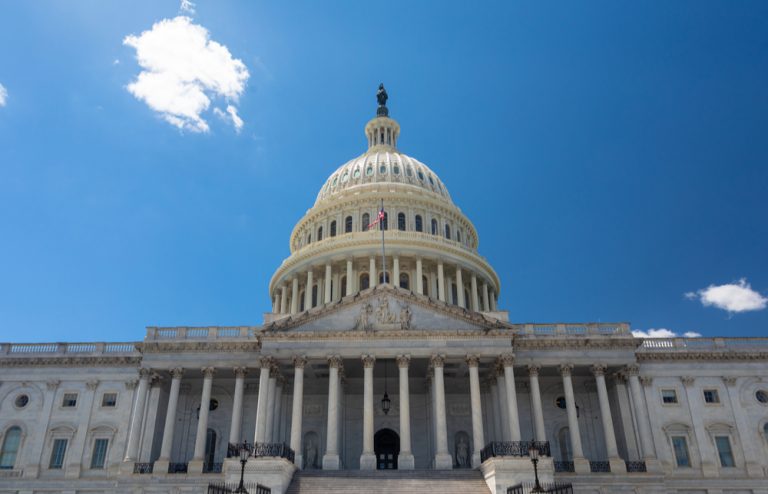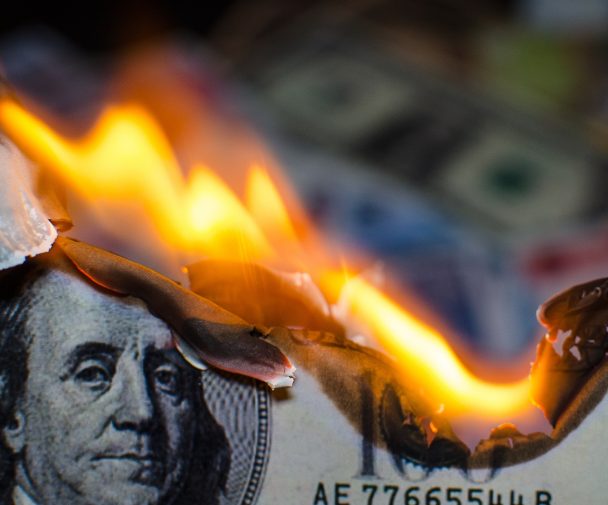
The Looming Debt Ceiling
Hopefully to be resolved by October
WRITTEN BY DANIEL HILPERT
SEPTEMBER 16, 2021
If there was a default in the market due to the debt ceiling, it would be a short-lived technical lapse, according to BNP Paribas (BNPP) experts, but it’s the secondary effects that have investors worried.
“Treasury Secretary Yellen said that there may be catastrophic consequences that could eventually lead to a financial crisis,” said Andrew Schneider, a BNP Paribas US economist in New York. “This would be a tail event without real precedent so it is difficult to gauge but a default from the issuer of the global risk-free security would be a shock with uncertain and potentially large reverberations.”
On Sept. 8, Yellen sent a letter to Congresswoman Nancy Pelosi urging lawmakers to take action because the United States is hovering on the brink of being unable to meet its obligations for the first time in American history once all available measures and cash on hand are fully exhausted.
“However, based on our best and most recent information, the most likely outcome is that cash and extraordinary measures will be exhausted during the month of October,” Yellen stated in the letter.
Extraordinary measures that are currently at play include a suspension of investments in the Civil Service Retirement and Disability Fund and the Government Securities Investment Fund of the Federal Employees’ Retirement System Thrift Savings Plan, according to Yellen’s letter.
“One perspective of modern monetary theory is that government borrowing constraints are in part legal and self-imposed, particularly for governments borrowing in their own currencies,” Schneider said. “The debt ceiling is a good example of this self-imposition.”
Shahid Ladha, a BNP Paribas inflation strategist, said he expected a bipartisan solution to emerge next month.
“As we get closer to any X date, the risks do increase,” Ladha said at this week’s BNPP 2021 4th Quarter Global Outlook webinar. “Therefore, the probability of any risk to the credit rating and technical risk of default do increase but we continue to expect a bipartisan resolution before we get to that situation.”
A bipartisan resolution that would result in an agreement between the Democrat and Republican members of Congress will likely be to increase the debt ceiling or suspend it.
“Suspending it tends to be a little bit easier politically because you don’t need a hard number for what the next ceiling might be,” Schneider said in an interview. “So, it gives a little more wiggle room.”
Either option is expected to prevent a default in the market, which could create uncertainty.
“We haven’t gone through an actual default before so there’s a lot of possibilities that can happen when you have a tail event in terms of second order effects,” he said. “You don’t know what the reverberations can be and how much of a financial shock it could be on the global system and how many different assets could react. That’s a possibility as well.”
Yellen isn’t entirely clear either.
“Our estimates of the period of time that extraordinary measures will last have been refined in recent weeks, although they continue to be subject to considerable uncertainty due to the normal challenges of forecasting the payments and receipts of the U.S. government, including the uncertainty in the level of corporate and individual taxes due September 15, heightened by the additional uncertainty due to the pandemic and related economic relief, and other factors,” she wrote.
Time will tell.











